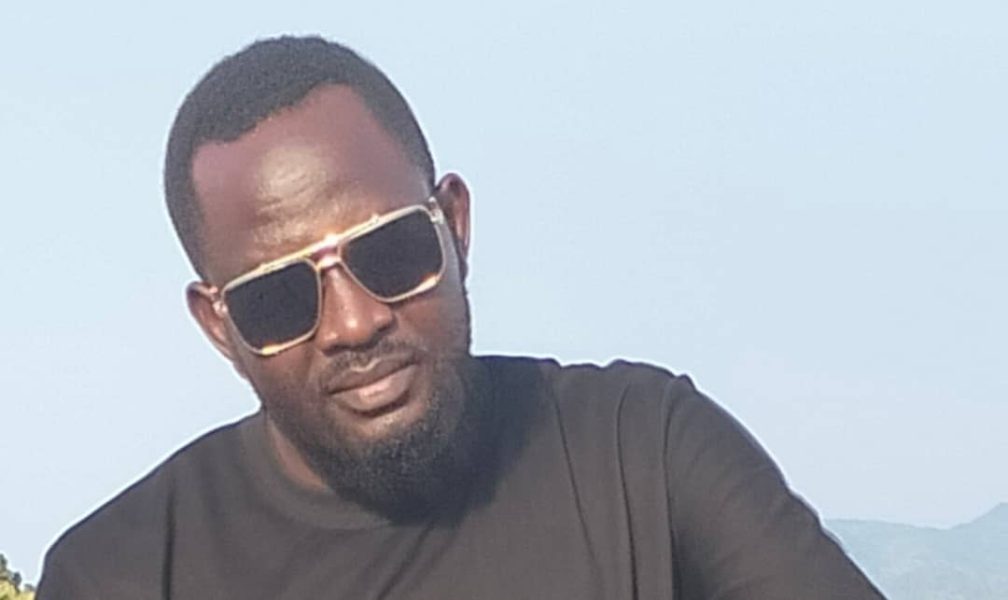
As the world commemorates World Press Freedom Day, South Sudan has a solemn duty to reflect on the state of its press and the treatment of those who work tirelessly to inform, educate, and empower the public.
Too often, journalists are seen merely as messengers’ conveyors of news from one point to another. But in truth, they are far more. In South Sudan, they are guardians of accountability, truth-seekers in dangerous terrain, and voices for the unheard. They are not just observers of history; they are participants in shaping the nation’s future.
Since independence, South Sudan has faced ongoing conflict, political instability, and humanitarian crises, with journalists courageously reporting despite serious personal risks.
From covering displacement and famine to exposing corruption and human rights violations, they perform an essential service that the nation cannot do without. Yet, their contributions are met not with respect, but with repression.
Many South Sudanese journalists continue to face harassment, censorship, arbitrary detention, and threats to their lives. Independent media outlets have been raided or shut down, and critical reporting is often treated as an act of hostility. This is not just a violation of press freedom; it is an attack on democracy itself.
On this World Press Freedom Day, we must state clearly: a free, protected, and respected press is a cornerstone of peace and democracy.
South Sudan cannot claim to be on a path toward stability while silencing those who document its journey. The role of the journalist is not to serve power, but to question it. Not to spread propaganda, but to tell the truth. As UNESCO says ‘When journalists are safe, societies are stronger. When they are silenced, societies suffer.
The theme for this year’s World Press Freedom Day, “A Press for the Planet: Journalism in the Face of the Environmental Crisis,” reminds us that journalists are also critical in global efforts, including raising awareness of climate challenges, resource exploitation, and environmental degradation that also affect South Sudan. Their work is integral to national development, civic engagement, and informed decision-making.
South Sudan’s leadership must use this day not as a ceremonial moment, but as a turning point. We urge the government to: Strengthen legal protections for journalists, end impunity for crimes committed against the media, repeal restrictive laws that muzzle free expression, foster an environment where the media can operate without fear.
To the people of South Sudan: supporting your journalists is supporting your right to know. It is demanding truth in place of rumor, facts instead of propaganda, and justice over silence.
Journalists are not enemies of the state, they are nation-builders. This World Press Freedom Day, let us honor their work, protect their rights, and recognize that without press freedom, all other freedoms are at risk.

